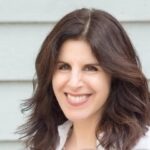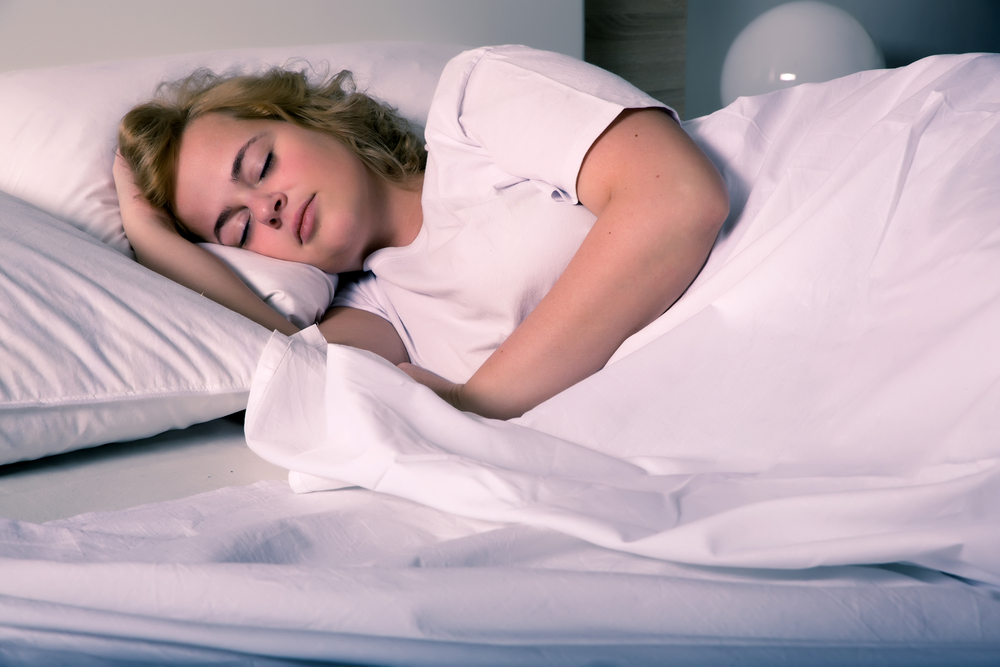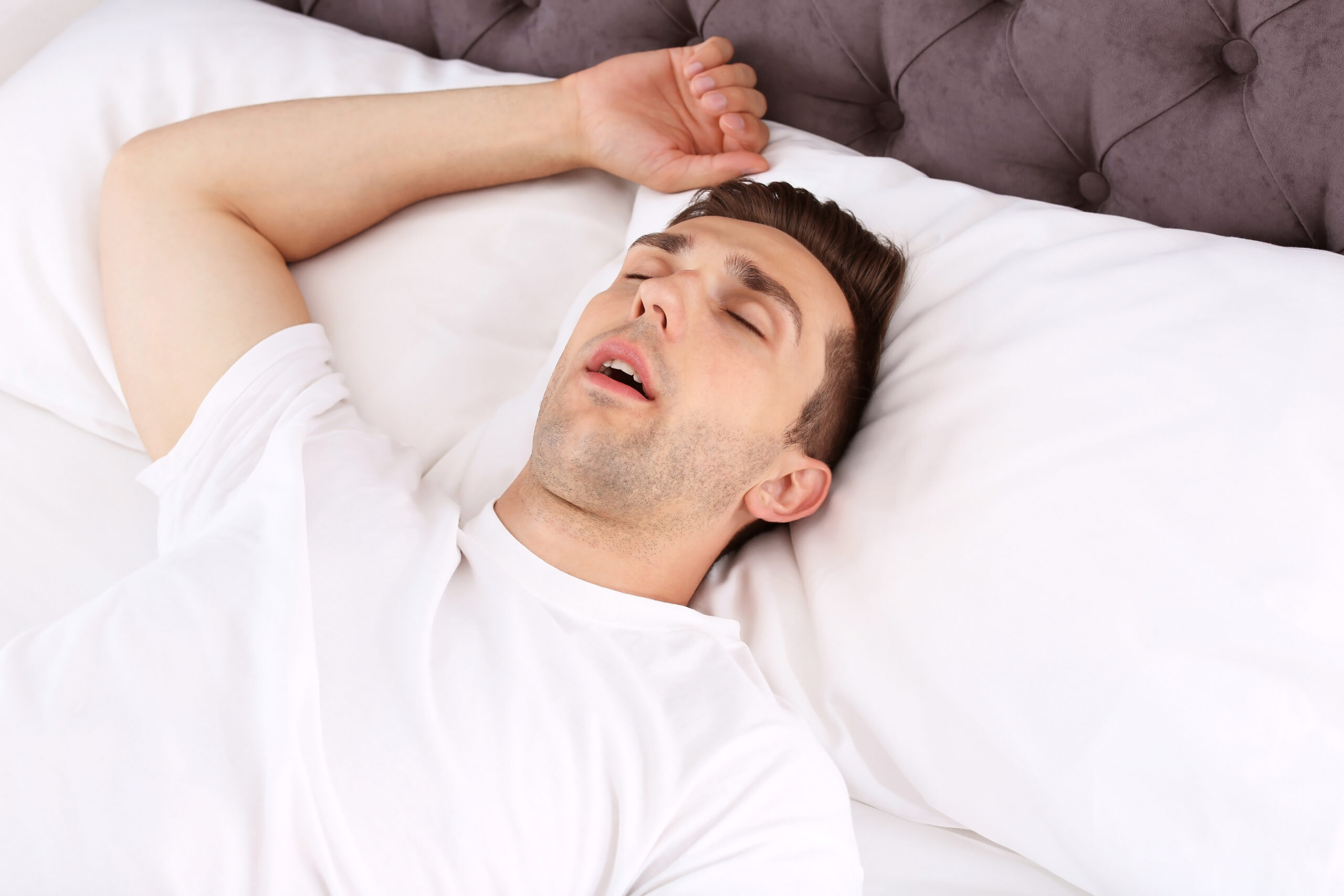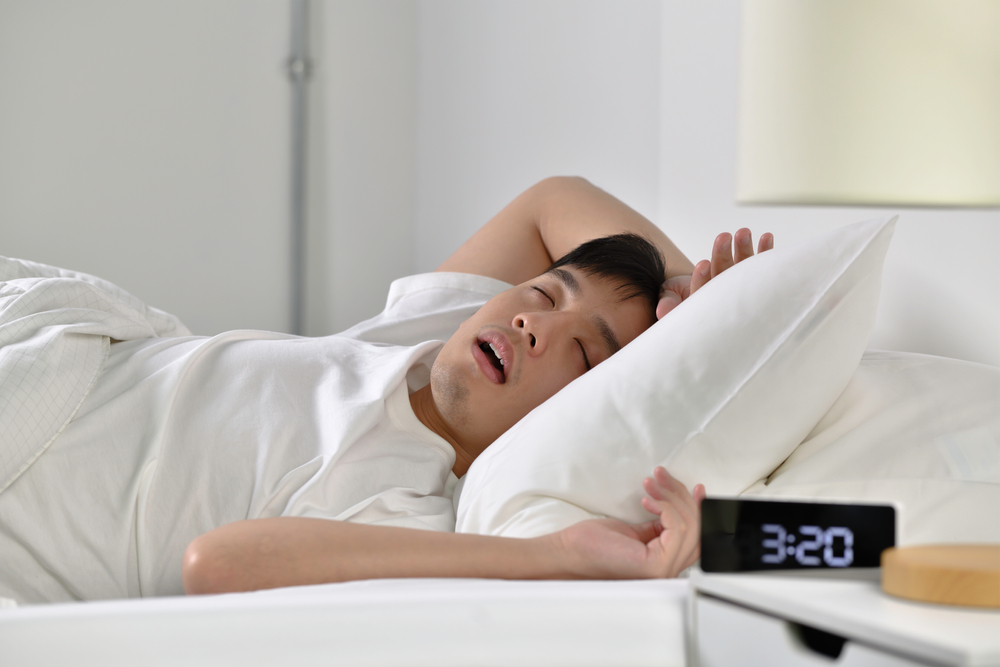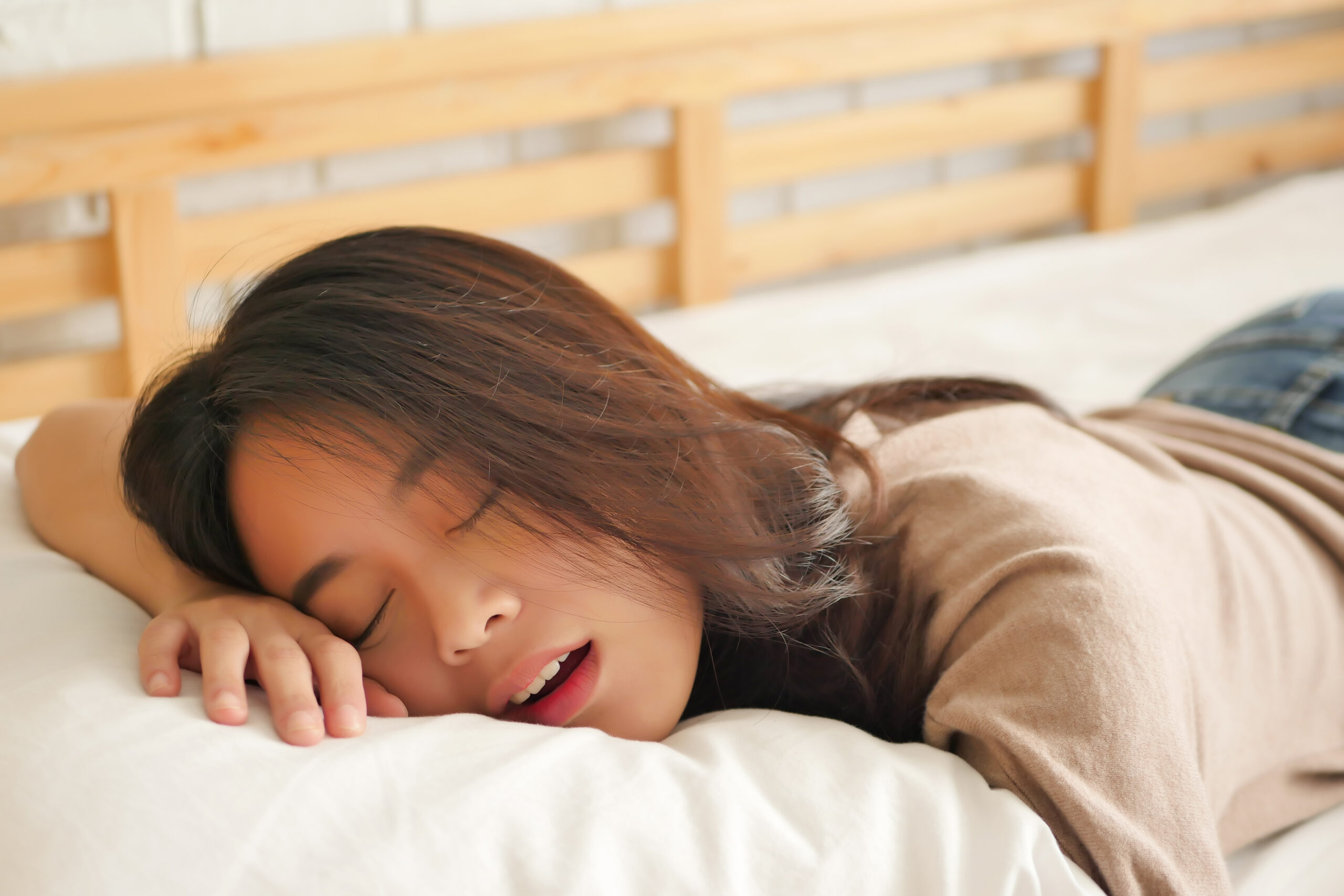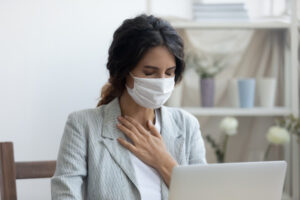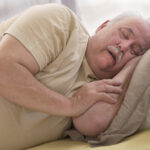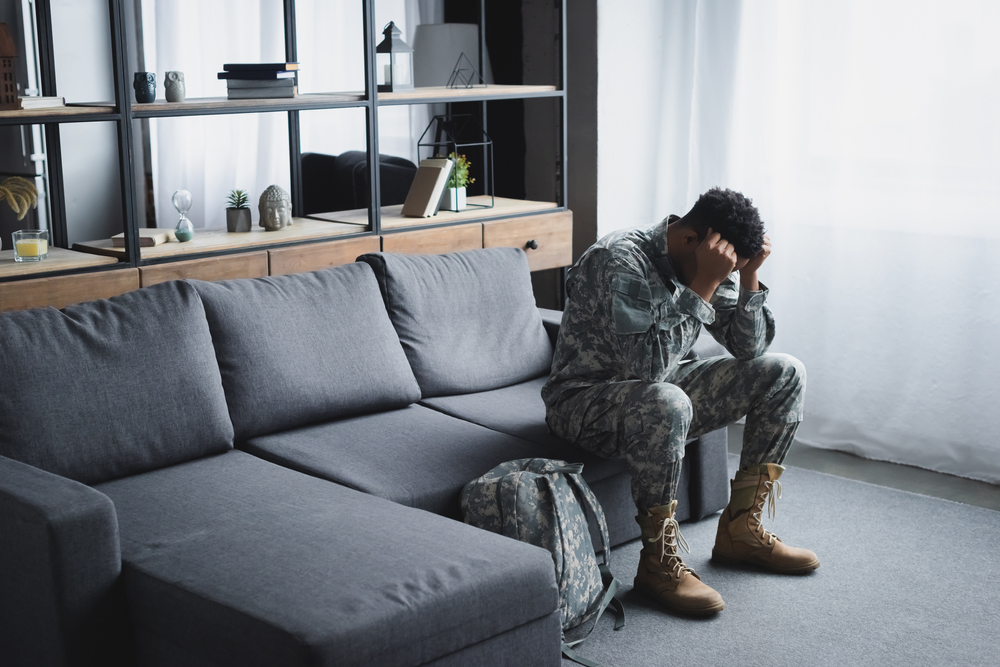At a Glance
- Morning-type CPAP users are more likely than evening types to report above-average sleep quality (84.6% versus 25%).
- Self-described morning people with sleep apnea are 2.5% more likely than their night owl counterparts to use a CPAP most or all of the night.
- 33.3% of morning people who use CPAPs fall asleep within 20 minutes compared to 18.8% of night owls.
- Night owls who use CPAP gain an extra 68 minutes of sleep each night, while morning CPAP users add 40 minutes a night.
- 43.8% of night-owl respondents say their snoring is reduced by using CPAP versus 35.1% of morning people.
For Carol Malone, a retired New Yorker with moderate sleep apnea, using a CPAP (continuous positive airway pressure) machine has meant an end to her loud snoring. While Malone, 65, says she has always slept well, she acknowledges that using a CPAP every night – and leaving it on all night – has taken her sleep quality up a level.
“I do feel there's been a difference,” Malone says of her sleep since beginning CPAP use. “I was probably trying to gasp for air at different points [during the night].”
One factor that may play a role in her success with the CPAP? Malone is a self-described morning person. A recent study found an association between people who wake early and increased use of CPAP during sleep 1 compared with people of other chronotypes, which is our natural tendency to wake and sleep at certain times.
An April 2023 SleepApnea.org survey of 1,250 adults also found that mostly to be the case. Among the respondents who use CPAP or BiPAP (bilevel positive airway pressure) machines, 35.1% identify as morning people and 43.2% describe themselves as night owls. Although the morning- and evening-type CPAP users average the same number of nights of use per week (5.3), early birds are slightly more likely (2.5%) than night owls to use the CPAP most or all of the night.
But what does that mean for the sleep health of morning- and evening-type CPAP users? And does your chronotype matter for other CPAP benefits?
Do Early Birds or Night Owls Sleep Better with CPAP?
Sleep apnea causes sleep fragmentation when the throat relaxes, blocking the airway, explains Dr. Joseph Kranin, SleepApnea.org's medical advisor. The brain constantly rouses to tell the airway muscles to open up and breathe again.
“It’s this constant interference with continuous quality sleep [that] can prevent people with sleep apnea from getting into and maintaining more restorative stages of sleep,” Dr. Kranin says. “The quality and continuity of sleep is how CPAP helps people.”
According to the survey, 84.6% of morning people who use CPAP say they have above-average sleep quality compared to 25% of night owls. Early birds are also less likely to report poor sleep quality than night owls (only 15.4% of morning people compared to 37.5% of night owls).
The fact that early-bird CPAP users are much more likely to claim satisfying, restful sleep is no surprise to Dr. Krainin. “If you go to bed at 9 p.m., you're not having trouble falling asleep,” he says.
The survey found this to be largely true, with 33.3% of morning people who use CPAPs falling asleep within 20 minutes compared to 18.8% of night owls. In contrast, Dr. Krainin says night owls may adopt poor sleep habits, such as watching TV until they fall asleep at 3 a.m., and never donning their CPAP mask.
Night owls are also disadvantaged because their circadian rhythms are out of sync with many scheduled activities 2 like work and school, making it tough to get adequate sleep, Dr. Krainin notes, a fact supported by at least one study highlighting the health detriments of being a night owl 3.
But there is good news for night owls, according to the survey. As a result of CPAP use, they gain an extra 68 minutes of sleep each night, which is 70% more than morning people who add 40 minutes of sleep a night.
Who Reaps More Benefits of Using CPAP?
Beyond sleeping better and longer, people who consistently use CPAP often experience improvements in sleep apnea symptoms. So do early birds or night owls benefit more?
Snoring is a common and well-known sign of sleep apnea. With CPAP use, 43.8% of night-owl respondents say their snoring is reduced versus 35.1% of morning people.
Fred Douglis, a 60-year-old with sleep apnea, considers himself a night owl, as he typically goes to bed at midnight. The New Jersey resident credits his CPAP use with easing his severe snoring that had frequently disturbed his wife.
An app connected to his CPAP lets him know his sleep quality is high, which Douglis is confident would not be the case without his consistent CPAP use. He recalls a father-son group camping trip as his first attempt to sleep without his CPAP machine. Unsurprisingly, he didn't get much rest, and none of his cabinmates likely did, either.
“I was waking up constantly,” he says. “I turned [my CPAP machine] on after a couple of hours.”
While Douglis rates his sleep quality positively and says he snores less with CPAP use, he does admit to some daytime fatigue.
In the survey, however, half of the night owls see a reduction in fatigue when using CPAP. By comparison, only 37.8% of morning people do. Nearly one-third of night owls (31.3%) feel daytime sleepiness is mitigated, while less than one-quarter of early birds (23.1%) say the same.
But morning people have an edge when it comes to improvement in their focus: 30.8% of early bird respondents say their focus is sharper, versus 18.8% of night owls.
Another CPAP user, 56-year-old Dr. Cheryl Robins, is a New Jersey periodontist and self-described night owl who generally goes to bed between 11 p.m. and midnight. Like Douglis, Dr. Robins uses a CPAP app to monitor her sleep quality, which she says is slightly better than before she began using a CPAP. She believes that the CPAP and app combination drives her to adopt better sleep habits.
“I'm making a more concerted effort to be asleep [early], Dr. Robins says. “The CPAP is motivating the behavior.”
Whether waking up or falling asleep early or late, a CPAP machine that is adequately used should provide some measure of relief and better rest to people with sleep apnea.
Methodology
The survey commissioned by SleepApnea.org was conducted on the online survey platform Pollfish on April 5, 2023. Results are from 1,250 survey participants in the United States who were age 18 or older at the time of the survey. All respondents attested to answering the survey questions truthfully and accurately.
Still have questions?
Sleep apnea products can be confusing. If you need individualized assistance, send us an email at [email protected] with your questions and we'll help find the best fit for you.
